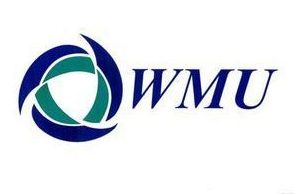
News Main
WMU waiting on business recycling
Following an outside study by MSW Consultants from Orlando, Florida. the Winchester Municipal Utilities Commission decided Thursday not ... Read more

Following an outside study by MSW Consultants from Orlando, Florida. the Winchester Municipal Utilities Commission decided Thursday not ... Read more
The Monday college basketball schedule includes four games featuring an ASUN team on the court. Among those contests…
The No. 5 seed Eastern Kentucky Colonels (18-13, 12-6 ASUN) square off in the ASUN Tournament against the…
The Wake Forest Demon Deacons versus the Duke Blue Devils is one of two games on the college…
The contests in a Monday NHL lineup that shouldn’t be missed include the Tampa Bay Lightning taking on…
The ASUN college basketball lineup on Monday, which includes the Queens Royals versus the Florida Gulf Coast Eagles,…